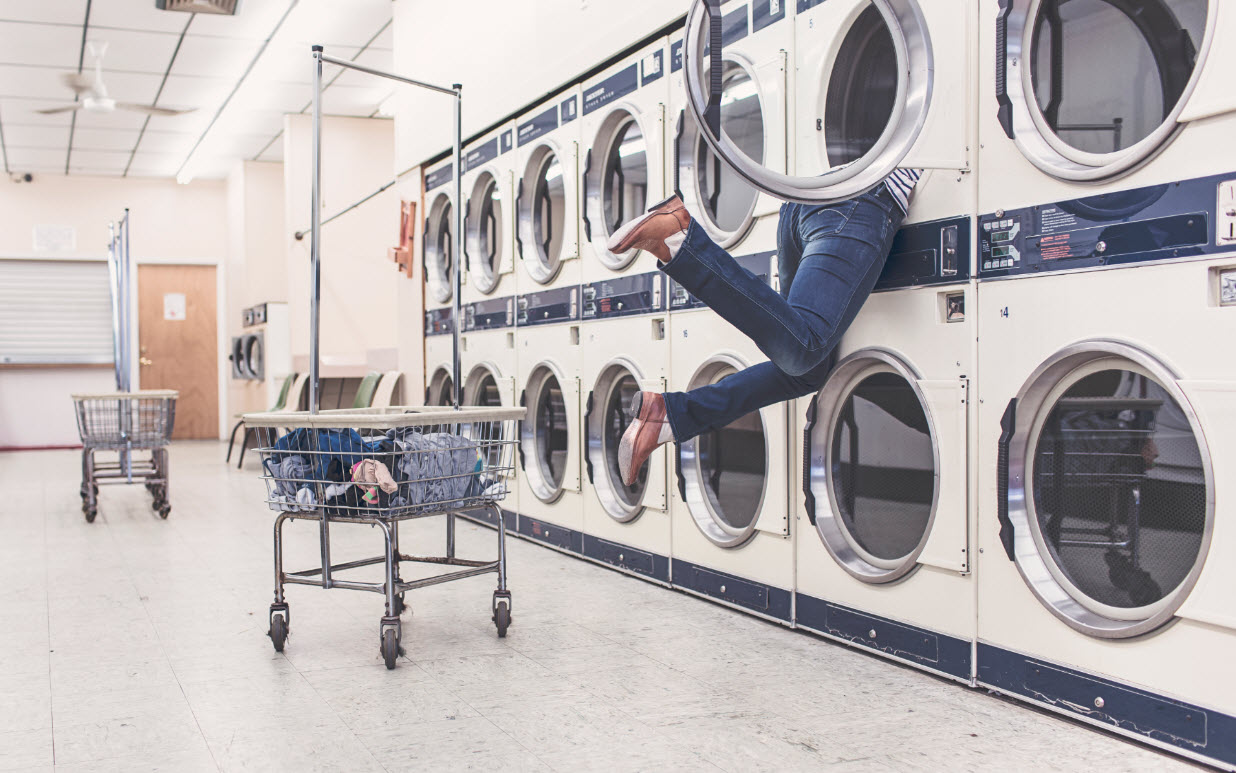
Major changes are coming to the dry-cleaning industry in New York.
Yesterday, the New York State Department of Environmental Conservation (DEC) issued sweeping regulations that will undoubtedly affect dry cleaners across the state. Business owners and managers must become familiar with these new regulations that will impose significant financial a burden on some dry-cleaning businesses.
As an initial matter, it’s worth noting that dry cleaners exclusively using “water-based” cleaning processes or liquid carbon dioxide are exempt from these perchloroethylene (PERC) -specific regulations. The remaining facilities that still use PERC, approximately 70 percent of all dry cleaners in the state, will need to comply with these regulations. While many of the compliance deadlines in the new rule are years into the future, affected owners, business managers and attorneys should take note.
As part of the adopted rules, the DEC repeals and replaces the existing Part 232 dry cleaner regulations, which are now intended to reduce alternative solvent and PERC emissions from dry cleaning facilities. DEC took this course of action in part because many of the requirements in the previous Part 232 regulations have become outdated and, more importantly, the U.S. Environmental Protection Agency classifies PERC as a “likely human carcinogen.”
Aside from reorganizing the regulations into four new subparts, the DEC made revisions (or clarifications) to several important definitions for terms such as “major dry cleaning facility,” “co-located commercial facility” and “co-located residential facility,” which will affect how its rules are interpreted. The DEC also emphasizes that to achieve greater PERC emission reductions, third generation machines, which are older perc machines without an integral secondary control system, will be phased-out by December 31, 2021 and that all alternative solvent transfer machines will be phased-out by December 31, 2031 in order to reduce Volatile Organic Carbon (VOC) emissions.
According to the DEC, the new rules will impact dry cleaner owners or operators at more than 1,000 non-major facilities, adding costs ranging from a few thousand dollars to potentially more than $100,000 (i.e., if a new 25-pound machine is needed). DEC also recognizes that the new rules will impose new paperwork, record keeping and reporting requirements on dry cleaning facility owners and dry cleaning equipment manufacturers or vendors. Importantly, dry cleaning facility owners who still use PERC (or “alternative solvents”) will be required to post notices, supplied by DEC, informing the public of the chemicals being used at the facility and maintain records of solvent purchases.
Call the attorneys of Periconi, LLC at (212) 213-5500 if you operate a dry-cleaning business and think your business is going to be affected by the DEC’s new Part 232 regulations.

